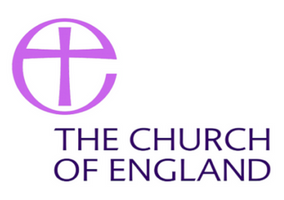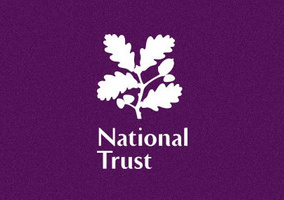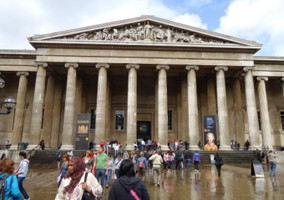United Society Partners in the Gospel (USPG) has pledged £7m to be spent in Barbados over the next 10 to 15 years, in reparations for its past links to slavery.
The charity announced that it will be seeking to address the wrongs of its past by committing to a long-term initiative called Renewal & Reconciliation: The Codrington Reparations Project.
This will be in partnership with Codrington Trust and Church in the Province of the West Indies in Barbados.
The work will include four areas of work in collaboration with the descendants of the people who were enslaved; community development and engagement; historical research and education; burial places and memorialisation, and family research.
The project will begin from spring 2024 and regular updates will be available, the charity said.
‘No programme of reparations could possibly compensate for the harm’
A statement from the charity reads: “At its heart, reparatory justice seeks to make amends for past wrongs and to provide redress for the physical, material and moral damage inflicted on individuals, groups and nations.
“It fully acknowledges that no programme of reparations could possibly compensate for the harm and injustice suffered during the period of plantation slavery.”
Duncan Dormor, general secretary of USPG, said the charity “is deeply ashamed of our past links to slavery”.
He said: “We recognise that it is not simply enough to repent in thought and word, but we must take action, working in partnership with Codrington where the descendants of enslaved persons are still deeply impacted by the generational trauma that came from the Codrington Plantations”.
Links to slavery at USPG
USPG’s statement says the charity has long been aware of its links to the slave trade.
In 1710, the Society of the Propagation of the Gospel (the charity’s former name) received a bequest from Christopher Codrington for two plantations in Barbados.
Between 1710 and 1838, the charity benefited from the labour of enslaved people on the Codrington Estate.
“SPG, as an agent of the Church of England, engaged in the forced labour of enslaved Africans and their descendants born on the Island of Barbados,” the statement reads.
The estates totalled 700 acres and included a population of enslaved African men, women, and children. From then until 1838 the charity owned and ran the estates through local managers.
At any one time, there were between 190 and 440 people “working in the fields or other occupations as part of the industrial process of sugar production from which SPG realised profits”, the statement reads.
The charity ended stewardship of the Codrington Estate in 1983.
Archbishop Howard Gregory, primate and metropolitan of the Church of the Province in the West Indies, said: “It is our hope that, through this reparations project, there will be serious reckoning with the history of the relationship between the Codrington Trust and USPG, but also a process of renewal and reconciliation that will be healing of the pain of the past.”
Charity Commission data for the financial year ending 31 December 2022 puts the charity’s total income at £3.39m and total expenditure at £3.29m.
Related Articles












